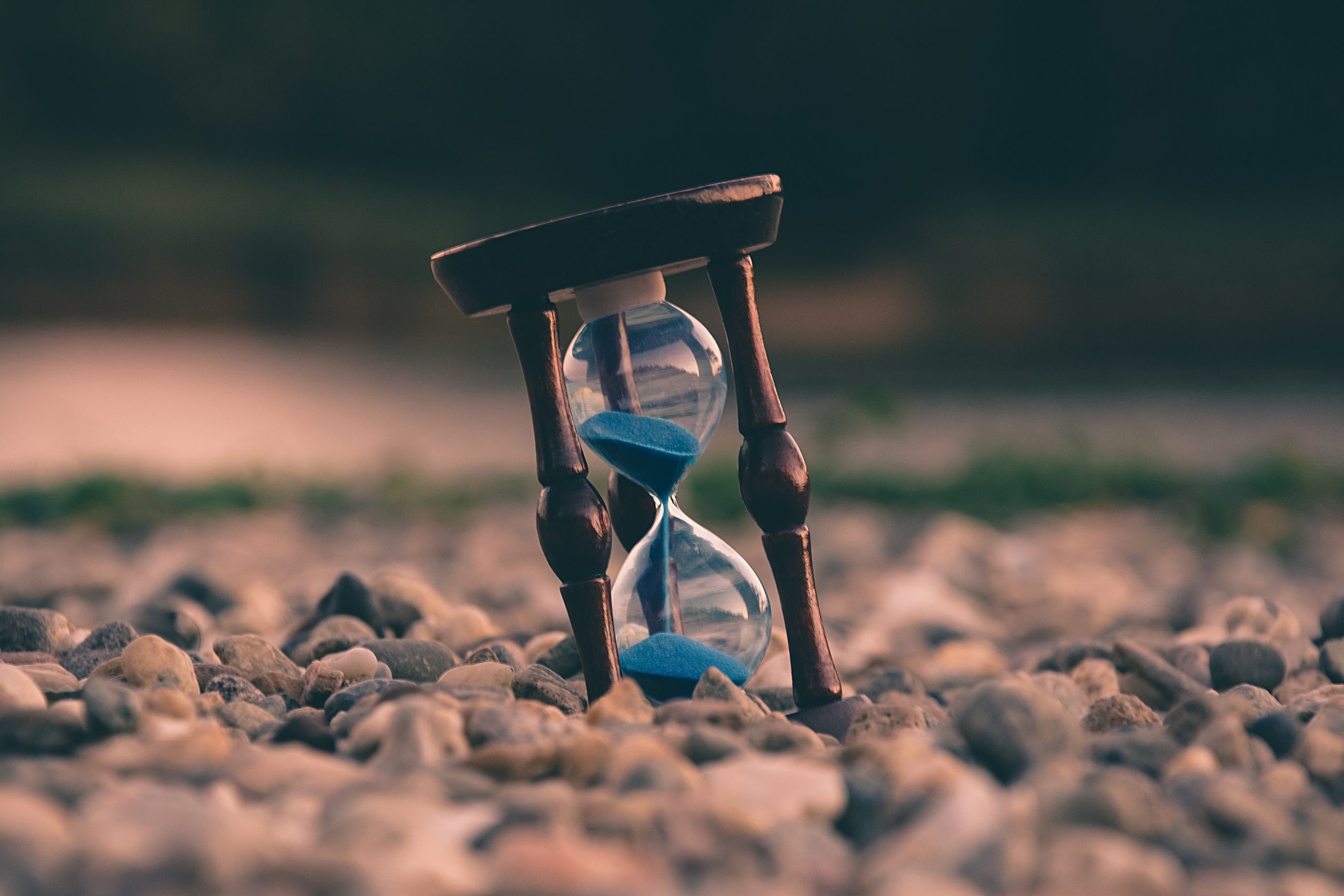By Steen Vallentin
The coronavirus and responses to the pandemic are right now defining human existence inside and outside of organizations. All societal attention and communication are centred on the virus, its day-to-day consequences and possible future repercussions for the people, the economy – and the planet.
Indeed, we are living through a gargantuan social experiment, and these can turn out to be the defining weeks and months of the new decade. Social distancing. Lockdown of public institutions and private businesses. Closing of national borders. No travelling, no tourism. All live entertainment (sports, music, culture) suspended. Places for social gatherings (restaurants, cafés, bars) closed (except for takeaway). Until further notice. The mind boggles.
The closing down of open societies is blocking the blood flow of large parts of the economy, spelling potential disaster for many businesses and cultural institutions – in spite of large relief packages. Meanwhile, waters are clearing and air pollution is going down due to the drop in industrial production. There is an ominous air about these climatic improvements, though. They seem more like a morbid dress rehearsal for life on earth after human civilization than a silver lining.
Is it the end of the world as we know it? Certainly, we can expect – at least in the privileged global north – that life will soon return to something much more normal than the current ‘show responsibility by staying as far away as you can from other people’. In Denmark, the gradual reopening of society is already underway.
However, the question remains whether we will look at each other and on human interaction (particularly in large social gatherings) in the same way as we did before. Will the awareness of ‘the others’ close to us as potential carriers of disease somehow stay with us.
Certainly, the comparisons with war are fitting. Who would have thought that anything except a worldwide war could affect all people’s social lives and the workings of government and business so rapidly and profoundly?
The pandemic constitutes a crisis of public health and health systems of unforeseen magnitude. The noun ‘crisis’ derives etymologically from the Greek krinein (Latin: krisis), which means ‘turning point of a disease’. This point was made repeatedly in the wake of the financial crisis of 2008-9: a crisis constitutes a turning point and thus an opportunity for new things to happen, for things to be different and perhaps better than they were. As the saying goes: ‘never let a good crisis go to waste’.
After sickness, there is newfound health. A crisis is not supposed to persist. However, recent years have taught us new lessons. Crisis has to understood in the plural, as crises, there are many of them (climate crisis, refugee crisis, trust crisis etc.), they are systemic and interconnected and they do not seem to go away.
Thus, we live in an age of perpetual or recurrent crises. We can imagine another side to where we are now, a new and more social normal, but it is becoming more and more difficult to imagine a future without some profound element of crisis.
Speaking of the interconnectedness of crises, what impact will the pandemic have on sustainable development and the green agenda? Will the public health crisis, its resultant need for emergency relief and its immediate and longer-term negative impacts on the economy take the wind out of the sails of green transition for a while? Making us waste precious time.
Or will this crisis and the efforts needed to get the economic wheels turning again turn out to be the greatest of opportunities to invest in green infrastructure and the solutions needed to create a more sustainable future? At this time, it is anyone’s (more or less qualified) guess. Not least because the answer depends on actions not yet taken by government and business leaders. Both narratives are out there.
The pandemic obviously lends itself to many interpretations. Among them faith-based apocalyptic visions of the end of times. Others see potential in this for putting an end to capitalism, as we have known it. Certainly, market-based solutions are taking a backseat to government intervention in our current predicament. It appears that in times of profound crisis we have to rely on big government (federal, local) and political leadership to take care of the common good and sort things out.
Time will tell whether or how the pandemic and all that comes with it will change people’s view of the market economy and of the need for government intervention in the market economy – not to mention people’s proclivities to consume, travel, engage with (many) others in the experience economy etc.
The more moderate take is that we need a regulated market economy and that the current crisis shows the limitations of cost/benefit analysis and the neoliberal urge to subject all things to marketization and economization. In light of the human suffering and the deaths caused by the coronavirus and facing health systems and heroic health professionals in distress, the cost/benefit mindset has come up short. This calls for immediate action and full commitment – even if the odd economist may question the utility of such a course of action.
We should take this lesson with us into the broader realm of sustainable development. Market thinking will not suffice.
About the author
Steen Vallentin is Director of the CBS Sustainability Centre and Associate Professor in the Department of Management, Society and Communication at Copenhagen Business School. His research is centred on CSR (corporate social responsibility) and sustainable development in a broad sense.
Photo by Aron Visuals on Unsplash
